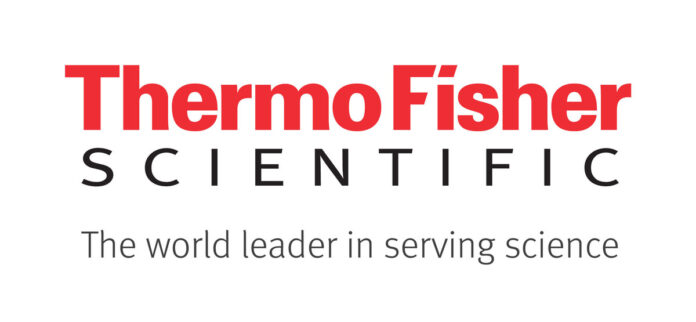CARLSBAD, Calif.– Thermo Fisher Scientific, the world leader in serving science, today announced the launch of its Applied Biosystems HIV-1 Genotyping Kit with Integrase, a research use only assay that examines positive samples of human immunodeficiency virus (HIV) to identify genetic variants that resist common antiretrovial therapeutics.
HIV RNA extracted from EDTA plasma or dried blood spots is analyzed with the assay to measure genomic mutations in the protease, reverse transcriptase and integrase regions of the pol gene. Data from these tests is intended to help inform global epidemiologic and genetic surveillance studies to track the ongoing evolution of the virus.
The kit is designed to support the detection of the UNAIDS 2030 95-95-95 HIV targets, which aims to have 95 percent of people living with HIV to be diagnosed, 95 percent who are diagnosed to be receiving treatment, and 95 percent of those on treatment to be virally suppressed. This enhanced research assay, which is compatible with the recently launched Applied Biosystems MagMAX Viral/Pathogen Nucleic Acid Isolation Kit for HIV-1 Blood Spots, provides laboratories with a standardized tool for drug resistance surveillance of HIV mutations to antiretroviral therapeutic inhibitors which can help identify global areas of need.
“A key factor in identifying new public health treatment strategies is knowledge of the viral resistance genotypes present in a given population as indicated by mutations measured in that population,” said Dr. Manoj Gandhi, senior medical director of genetic testing solutions at Thermo Fisher Scientific. “Monitoring for treatment-resistant strains of HIV can improve global understanding of HIV and help keep the world’s public health officials one step ahead of future developments.”
The Applied Biosystems HIV-1 Genotyping Kit will analyze expanded targets associated with HIV drug resistance that include mutations in the integrase region of the pol gene on Applied Biosystems Sanger sequencing CE instrumentation. It has been designed to offer broad Group M subtype coverage to address regions of the world with the greatest need such as Africa, Latin America, India and portions of Asia, where global health access pricing is available.



